|
|
|
|
Young people have been key drivers of social and political change in Ethiopia going back to the closing decades of the imperial era nearly half a century ago. The country has young people to thank for the ousting of the last emperor and the military regime that replaced him in the 1970s. Most recently they were out in force during protests that ushered in prime minister Abiy Ahmed. Nicole Beardsworth, Assefa Fiseha, Henok Kebede and Getachew Disasa set out why Ethiopia’s young people in two restless regions are still fighting for change. Many are unhappy that they are not consulted when laws are enacted, including those which directly affect
their lives.
Nigeria, and Lagos in particular, is an attractive destination for technology start-ups. But the government seems to be going against its promise to promote the country as a desirable destination for investors in search of innovative ideas and businesses to back. As Tolu Olarewaju argues, the government’s decision to ban Twitter indefinitely is highly likely to spook potential investors, which is why a de-escalation would be by far the best next move.
It’s been 40 years since the start of the HIV pandemic. The global push to end AIDS by 2030 continues and events this week will shine a spotlight on this public health crisis. The United Nations will be hosting world leaders at a high level meeting on HIV/AIDS on 8-10 June 2021. The South African AIDS conference takes place on 9-10 June.
In a selection of articles we have published recently, Nesri Padayatchi and Kogie Naidoo unpack the impact of COVID-19 on HIV services in South Africa. Kathryn L Hopkins and Glenda Gray argue that HIV testing should continue, despite COVID-19 disruptions. And Linda-Gail Bekker looks at the valuable lessons from the HIV response that can be applied to COVID-19. Looking ahead, Gilles van Cutsem highlights some of the issues with the current HIV response, while Kaymarlin Govender, Janet Seeley, Mitzy Gafos and Roselyn Kanyemba point to where efforts to end HIV should focus.
Subscribe to our WhatsApp bulletin here.
|
Julius Maina
Regional Editor East Africa
|

|
|

A queue of eager voters in Hawassa, Ethiopia, during the Sidama referendum in November 2019.
Photo by Michael Tewelde/AFP via Getty Images
Nicole Beardsworth, University of Warwick; Assefa Fiseha, Addis Ababa University; Henok Kebede, Hawassa University
Ethiopian history shows that the demands of its young people can't go unaddressed for long.
|

In happier days. Nigerian President Muhammadu Buhari (centre) and Vice President Yemi Osinbajo (left) pose as Facebook founder Mark Zuckerberg takes a selfie during his visit to the country in 2016.
Sunday Aghaeze/AFP via Getty Images
Tolu Olarewaju, Staffordshire University
Nigeria risks losing its recent status as Africa's most attractive tech hub following its decision to suspend Twitter's operations.
|
Arts, Culture + Society
|
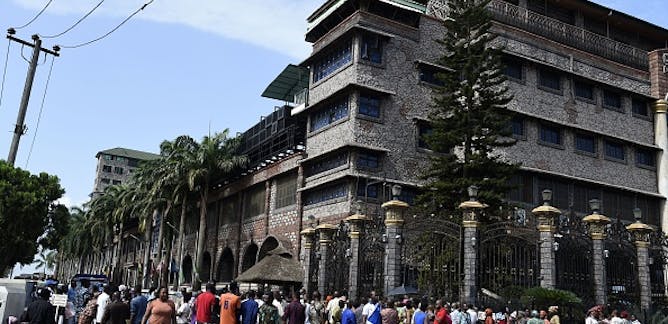
George Nche, University of Johannesburg
Nigeria's TB Joshua wasn't just known for his evangelism and controversies. He was also a beloved philanthropist.
| |
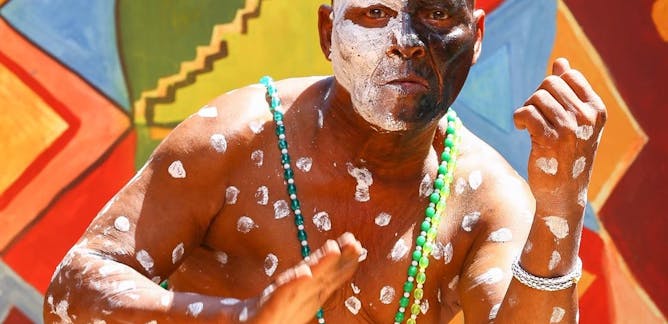
David Coplan, University of the Witwatersrand
He did not so much play the drums, as become the drum. His influence was felt through his trailblazing percussive work and his many collaborations.
|
|
|
From our international editions
|
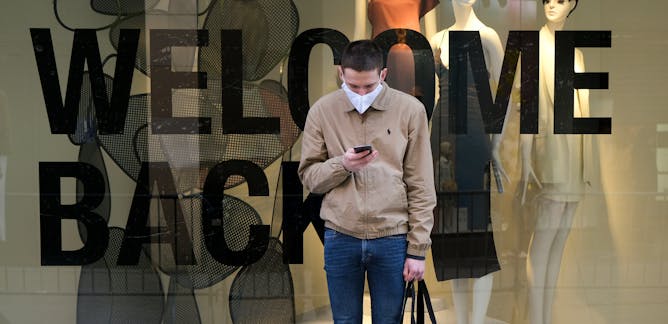
Gulcin Ozkan, King's College London
Some national economies will return to their pre-COVID levels this year, others not until 2025. What does this imbalance mean for the global economy?
| |

Peter Howson, Northumbria University, Newcastle
Chinese bitcoin mining could consume as much energy as the whole of the UK by 2024.
|
|
|
En Français
|
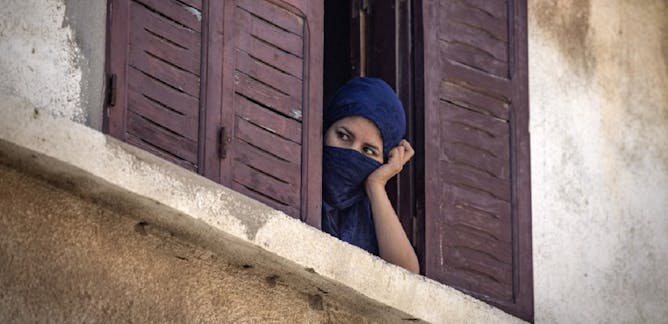
Moha Ennaji, Université Sidi Mohammed Ben Abdellah
Au Maroc, la pandémie de Covid-19 frappe durement les femmes. Moins d’emplois, plus de violences et davantage de travail domestique : le coronavirus est aussi un révélateur d’inégalités.
| |
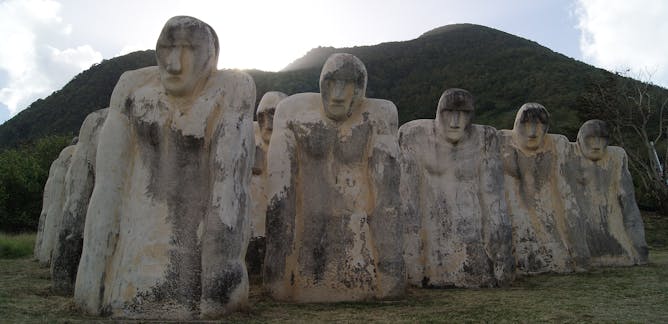
Magali Bessone, Université Paris 1 Panthéon-Sorbonne
L’esclavage, ses conséquences forment des injustices historiques injustices historiques que tous condamnent moralement. Mais la condamnation morale peut-elle s’assortir d’une réponse politique ?
|
|
|
| |
| |
| |
| |

|
| |
| |
| |
Featured events
|
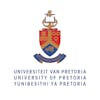
|
Lynwood Ave, Hatfield, Pretoria, Gauteng, 0002, South Africa — University of Pretoria
|

|
Centre for Human Rights, Faculty of Law, University of Pretoria, Pretoria, Gauteng, 0002, South Africa — University of Pretoria
|

|
Lynnwood, Pretoria, Pretoria, Gauteng, 0001, South Africa — University of Pretoria
|

|
University Road, Hatfield, Gauteng, 0083, South Africa — University of Pretoria
|
|
|
|
| |
| |
| |
Would you like to republish any of these articles?
|
|
It’s free to republish, here are the guidelines.
Contact us on africa-republish@theconversation.com in case you need assistance.
|
| |
| |
| |
| |
|
|
|
|
|
|
|